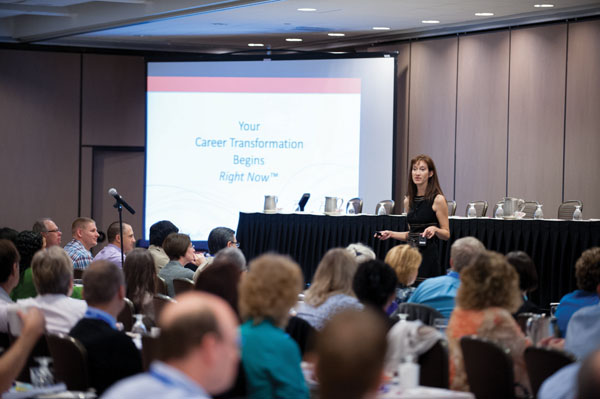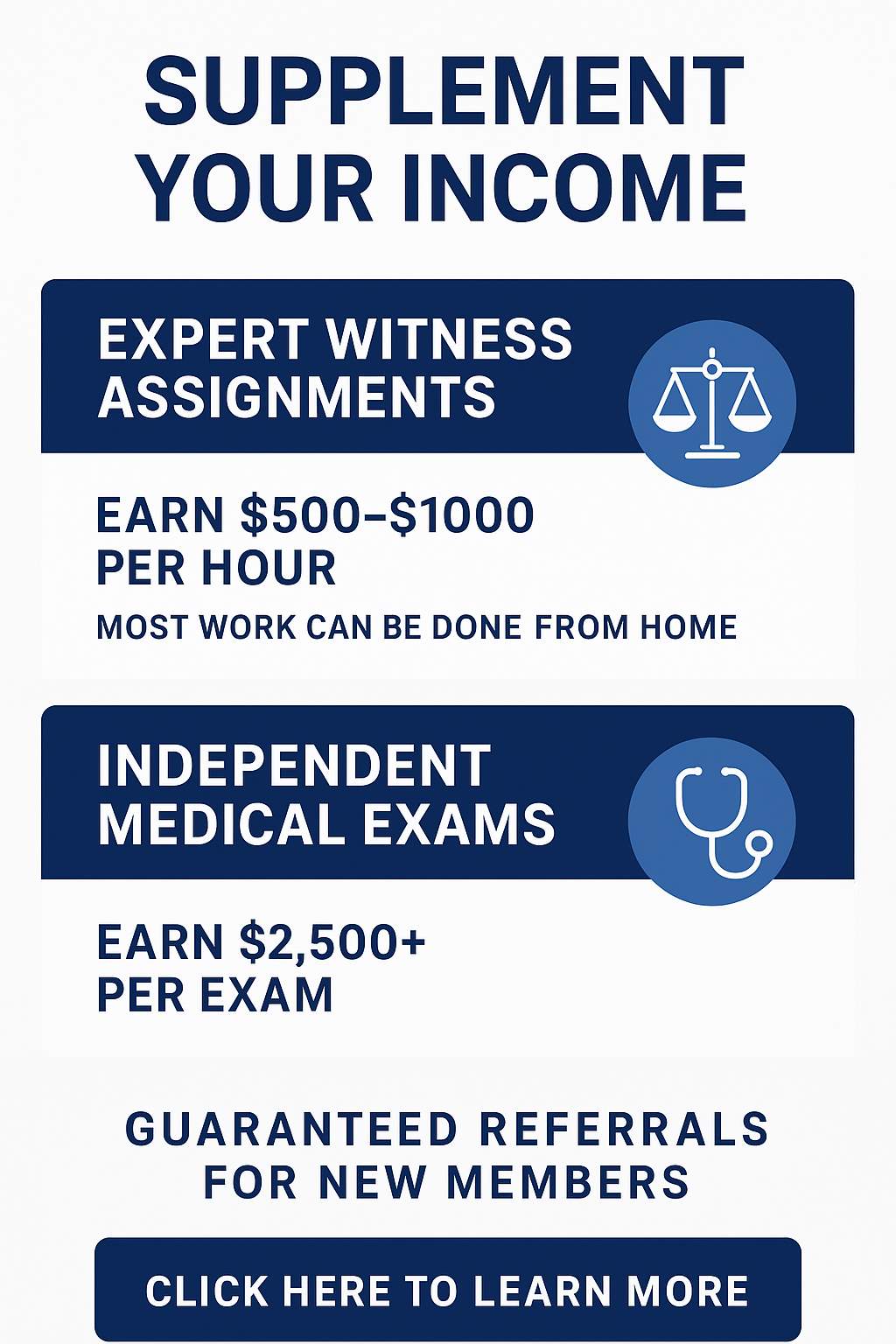My mother kept my first grade paper where I was asked what I wanted to do when I grew up. My response was that I wanted to go to medical school. I always knew I wanted to go to medical school – both my parents were physicians and that was the role model and career I wanted to follow. And I persevered in that quest in a determined and very directed fashion. Enrolling in a university known for its science and premed preparation I majored in chemistry and succeeded in being accepted to the George Washington University School of Medicine following three years of college.
I loved medical school – both the preclinical time and the clinical rotations. I met my husband during our first year of medical school; we were married following the second year. It was much easier being married to another medical student than dating, and I had always assumed I would marry another physician. Who else would understand the life of a busy practitioner. We discussed together what specialties we would pursue so as not compete with each other and settled on OB/Gyn for him and Internal Medicine for me.
On completion of residency, my husband owed two years service to the US government. He was assigned to the Indian Health Service and I came along with our two young daughters ages 2 and 3 months. I became the Chair, Department of Internal Medicine at the Gallup Indian Medicine Center in Gallup, New Mexico. Early on I found I loved the responsibilities of running the department of medicine, planning next activities to enhance medical care and looking broadly to the other hospitals on the Navajo Reservation as to what I could do to provide support and assistance to their needs.
One evening following a seminar on Advances in Internal Medicine my boss, the Director of the Navajo Health Program, was discussing his dilemma of being unable to continue in his position because the altitude (7,000 ft) was causing his mother-in-law, who lived with him, to suffer small strokes. My very supportive husband suggested I would be a natural to run the program. Within 6 weeks, with no prior real administrative training, I found myself responsible for the provision of health care in – 7 hospitals, 200+ health clinics along with dental care services, installation of water and sanitary systems, public health nursing visits throughout the Navajo Reservation and more – to the almost 100,000 Navajo beneficiaries. My budget was $33 million – in 1974 dollars
I loved it! I was on a steep learning curve and thoroughly enjoyed the climb. I administered that program for 7 years prior to moving to FDA and spent a very exciting 20 years as the Director of the FDA Office of Orphan Products Development. At FDA I was able to work within the FDA and internationally in developing Orphan Drug Programs in the EU, Japan, Australia, Taiwan and more.
And now, after a 2 year stint at the biotech company, Amgen – which was another steep learning curve, I am the CEO of my own consulting company assisting in the development of drugs from rare diseases.
I use my medical head each and every day. I could not do my job without my medical degree, residency and clinical experience. While I enjoyed clinical medicine, I love the Public Health Administrative work that I do on a daily basis.
—
Marlene Haffner, MD, MPH was the Director of the Office of Orphan Products Development at the Food and Drug Administration (FDA) for over 20 years. She is a retired Rear Admiral in the United States Public Health Service. Her extensive speaking and writing brought the term “orphan products” to the mind of many in the pharmaceutical world. During her tenure at the FDA more than 300 products were brought to market. In addition to her work at FDA, Dr. Haffner was also employed for two years by Amgen, as Executive Director, Global Regulatory Intelligence and Policy. Trained as an internist and hematologist, Dr. Haffner graduated from the George Washington University School of Medicine and did further training at the Columbia University School of Medicine and the Albert Einstein College of Medicine, in New York City. She received her Masters of Public Health from the Johns Hopkins Bloomberg School of Public Health in Baltimore. Dr. Haffner currently serves as the President & CEO of Haffner Associates which is dedicated to facilitating the development of therapies for the diagnosis, treatment and prevention of rare and devastating diseases.
Job Postings: 500+ Links to Non-Clinical Jobs
7 Proven Ways to Supplement Your Clinical Income


